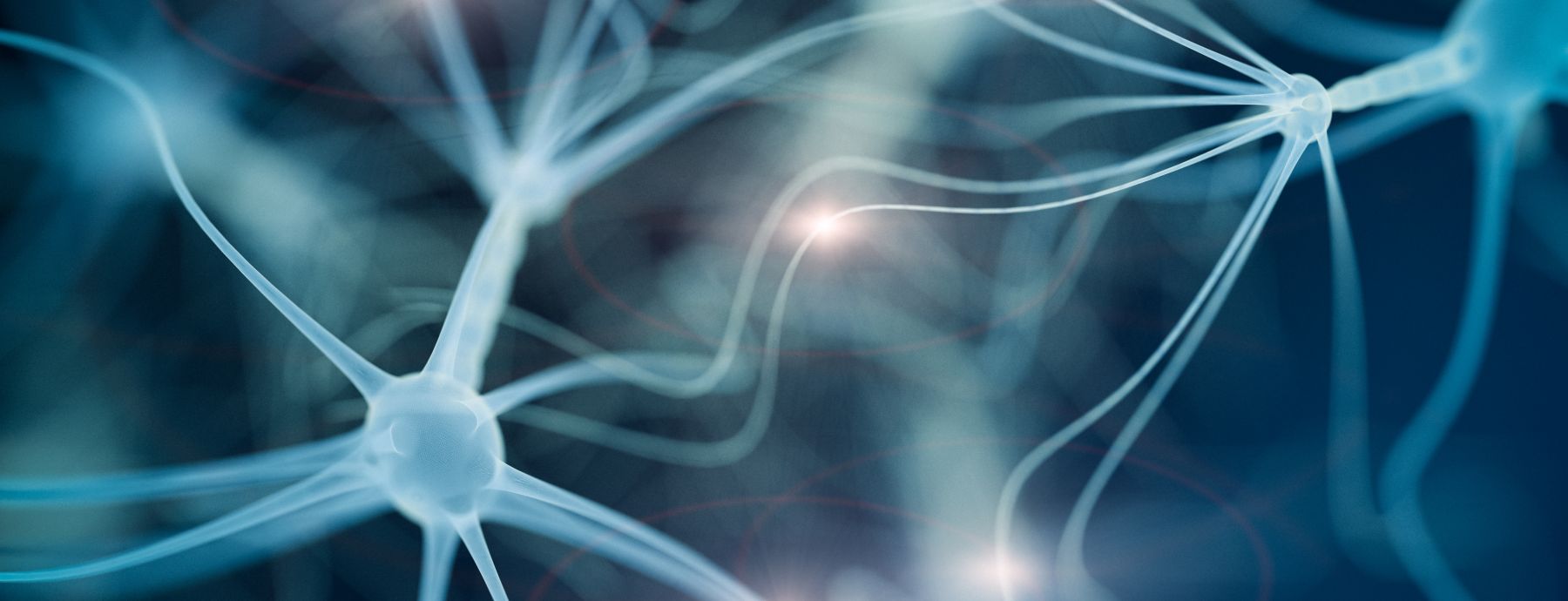CBBC student travel award
The Center for Brain, Behavior, and Cognition (CBBC) at Penn State is pleased to announce a center-specific travel award for a student that will present their own research on integrative mechanisms of behavior or cognition at a national or international scientific conference. The goal is to support a Penn State student whose research aligns with the CBBC goals of understanding complex mechanisms underlying naturalistic behaviors and/or the integration of different methods and analytical approaches.
To apply, please send the following information to sac34@psu.edu:
(1) presentation title
(2) conference name, date, and location
(3) brief description of the research that you will present and how it addresses the integrative research goals of the CBBC (no more than 250 words)
Awardees and their presentation information will be highlighted on the CBBC website. Travel for the 2022-2023 fiscal year award must be completed before June 30, 2023. This award is available to graduate students at the Pennsylvania State University and is a supplement to other sources of funding for student research presentations at scientific conferences.
The Center for Brain, Behavior, and Cognition (CBBC) promotes cutting-edge research that quantifies and addresses the mechanisms underlying human and animal behaviors in complex, natural environments. Members of the CBBC investigate these mechanisms across a wide range of systems at different levels (e.g., molecular, cellular, and physiological) by using different methodological and analytical approaches (e.g., behavioral, imaging, and computational).
